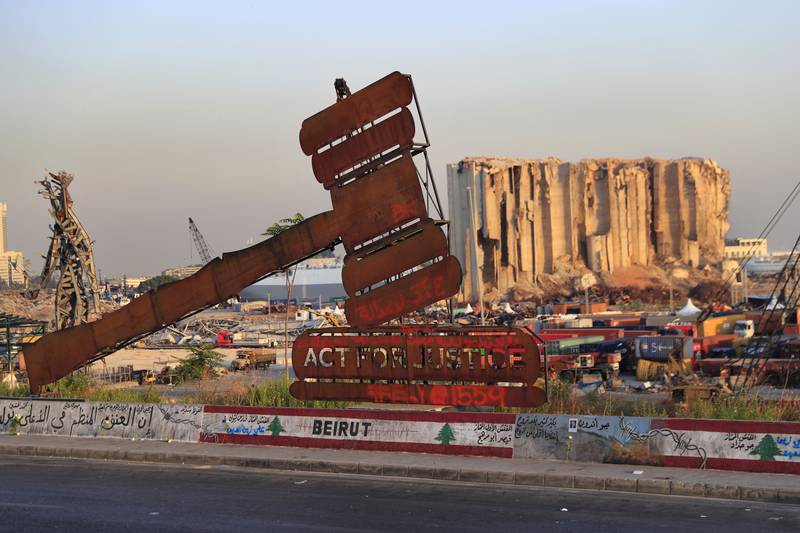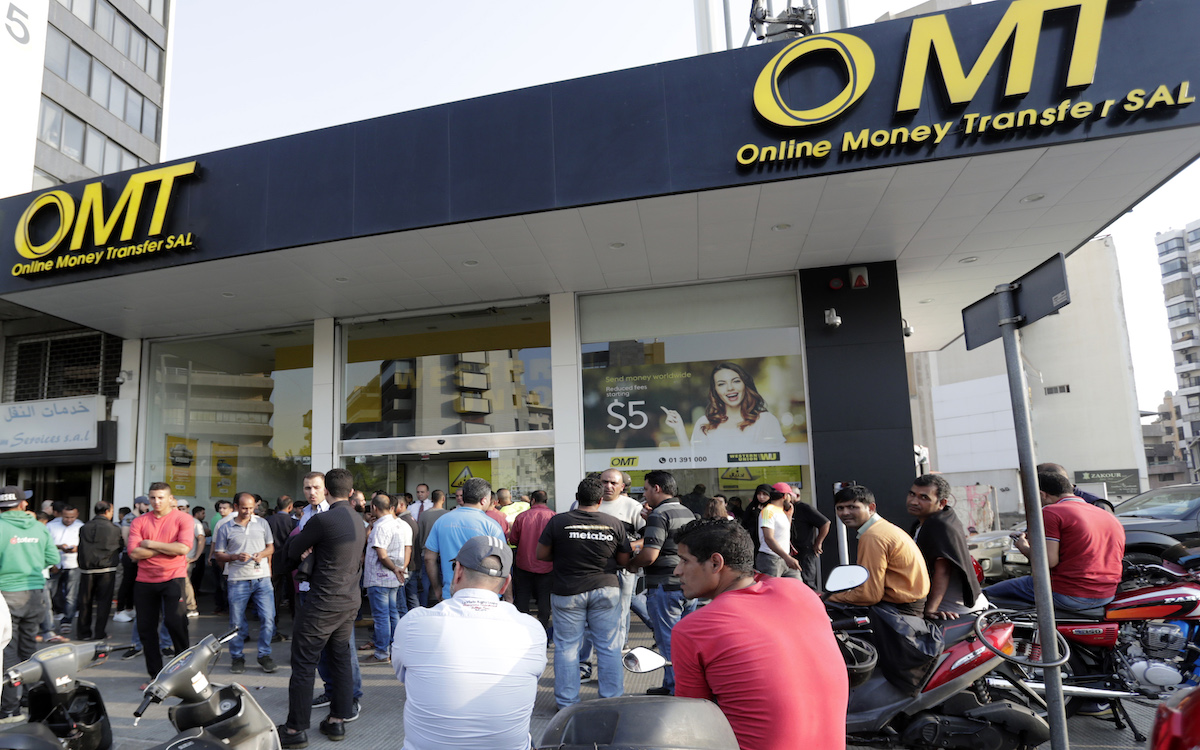
By Najia Houssari — arabnews.com — BEIRUT: At least two people were killed on Wednesday in clashes between armed Hezbollah fighters and Christian residents of Kahale, after a militia truck overturned on the road between Damascus and Beirut. Shots were fired after Hezbollah operatives who were escorting the vehicle surrounded the truck, which crashed on a downhill turn near Kahaleh, about 15km from the Lebanese capital. Security sources said one of the dead was a Hezbollah member and the other was villager Fadi Bejjani, 60. TV footage showed men in plainclothes firing rifles in the street. A third person was reportedly injured in the shootout, and bullets damaged nearby buildings.
Lebanese army troops were deployed around the lorry at nightfall while a crane was used to remove wooden crates from it. Witnesses said the boxes appeared to be ammunition crates, but there was no official confirmation. The truck was plain white in color with no military markings. Hezbollah later confirmed the truck belonged to them and one of their members had been killed while securing it. Church bells rang in the village to call people to gather. There were confrontations between villagers and the army as soldiers tried to prevent civilians from approaching the truck. The vehicle overturned at a notorious accident spot on the treacherous, winding road, which has many dangerous curves. Witnesses said the driver was injured when it overturned and fled the scene. A village spokesperson said they would not allow the vehicle to be moved, and urged “the Lebanese state to carry out its duties.” He added: “The army personnel who are present do nothing.”










